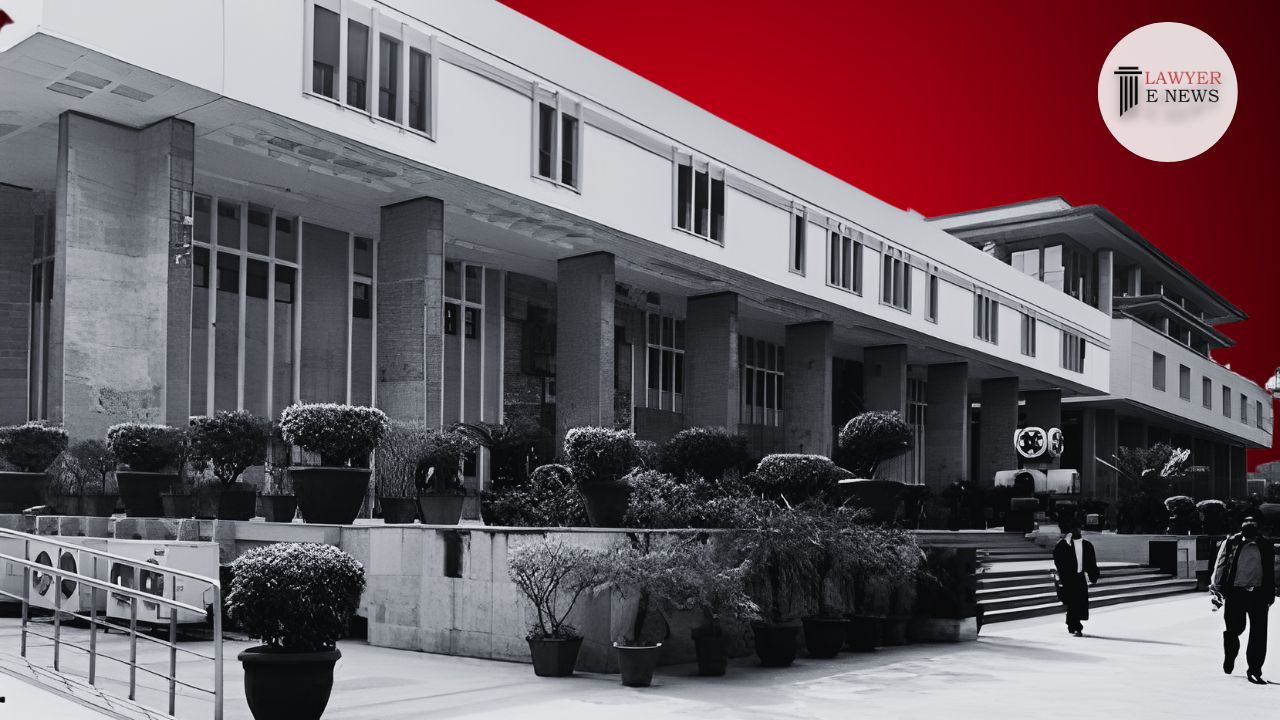-
by Admin
15 February 2026 5:35 AM



The Delhi High Court has upheld a Family Court's decision denying interim custody of a minor child to the father, Amit Sharma, in a contentious guardianship dispute with his estranged wife, Sugandha Sharma. The ruling, delivered by Justices Rajiv Shakdher and Amit Bansal, prioritizes the child's psychological health and well-being, relying on expert reports that indicated the child's discomfort and apprehension in the presence of his father.
Amit Sharma and Sugandha Sharma were married in July 2013 and have a son, Shrestha Sharma, born in January 2016. Marital issues led to Sugandha leaving the matrimonial home with their son in September 2021, followed by allegations of domestic violence against Amit. The Family Court initially granted Amit virtual visitation rights, which were later extended to physical meetings under court supervision. Dissatisfied with the limited access, Amit filed multiple applications seeking interim custody, all of which were dismissed by the Family Court.
The High Court emphasized the critical role of psychological evaluations in custody disputes. "The best interest of the child has to be determined taking into account all relevant circumstances," the court noted. Reports from both the Family Court Counsellor and the child mental health organization, Children's First, were pivotal in the court's decision. These reports indicated the child's distress and discomfort during interactions with his father.
The Family Court Counsellor's report, dated February 21, 2024, described the child's reluctance and fear during meetings with Amit. Further evaluation by Children's First confirmed these findings, recommending a suspension of father-son interactions for 8 to 12 weeks to allow for a detailed assessment of the child's psychological state. "The child requires detailed assessment over the next 8 to 12 weeks and during this period, there should be no contact, physical or virtual, between the child and his father," stated the interim report from Children's First.
The High Court reiterated the principle that in custody matters, the child's best interest is paramount. "Joint parenting is the norm. If the court moves away from this norm, it should clearly articulate its reasons," the judgment noted. Given the expert reports indicating the child's trauma and apprehension, the court found no grounds to grant interim custody to Amit Sharma. The court also rejected Amit's alternative suggestion for the child to visit his paternal grandparents in his absence, stating that any such interactions must first be mediated to address the child's deep-seated fears.
"The upshot of the report is that the child requires detailed assessment over the next 8 to 12 weeks and during this period, there should be no contact, physical or virtual, between the child and his father," the court noted, reflecting the emphasis on the child's psychological well-being.
The Delhi High Court's decision underscores the judiciary's commitment to the welfare of children in custody disputes. By affirming the Family Court's order, the judgment highlights the importance of psychological evaluations and the necessity of prioritizing the child's mental health over parental access. This ruling serves as a significant precedent, reinforcing the legal framework that governs child custody and visitation rights in India.
Date of Decision: July 09, 2024
Amit Sharma v. Sugandha Sharma
